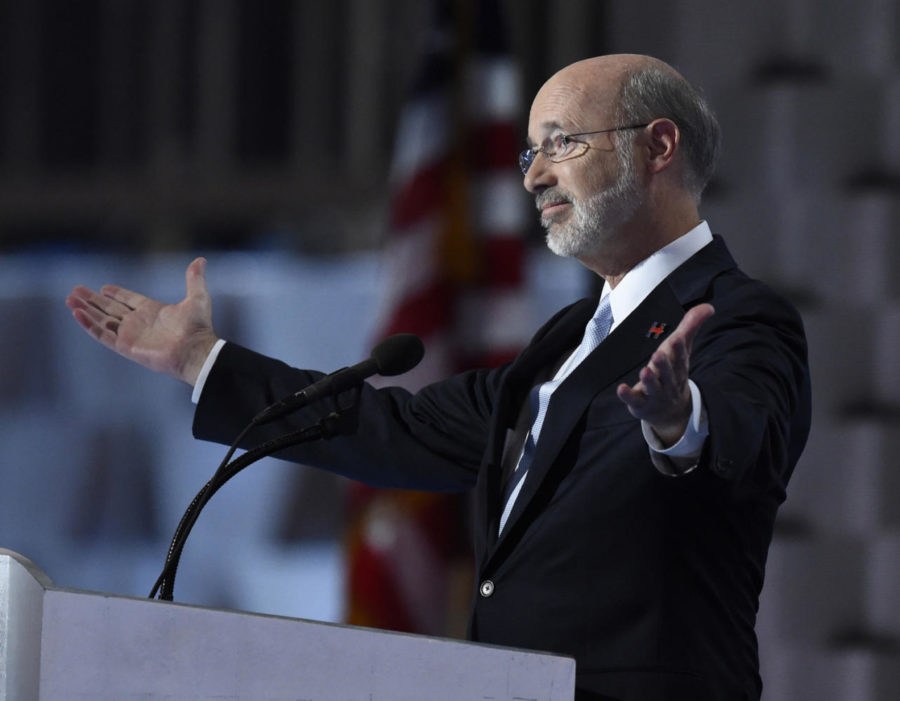When Gov. Tom Wolf signed Pennsylvania’s budget for the upcoming fiscal year last week after a four month impasse, it came as a relief to many. Some, however, were more cautious about the release of funds.
Republican Speaker of the Commonwealth’s House of Representatives, Mike Turzai, warned specifically to Pennsylvania’s state-related universities to keep costs for in-state students down.
“With large bipartisan votes, the General Assembly appropriated tax dollars to Pitt, Penn State, Temple, Lincoln and the University of Pennsylvania veterinary school in the amount of almost $600 million,” Turzai said in a statement last Wednesday. “These monies need to be used to help lower tuition for Pennsylvania students attending these universities.”
Turzai’s right that state funding should go primarily to saving students money — Pitt is among the most expensive public schools in the country, and public schools nationally are increasingly pricing out students from low-income families. But the tuition responsibility shouldn’t only fall on universities — the state legislature needs to ensure that Pitt and other schools receive funding to keep up with inflation.
According to Turzai’s statement, state funding for state-related universities increased about 8 percent from the 2014-2015 fiscal year to 2016-2017. But University officials told The Pitt News this upcoming year’s allocation was the same as last year’s.
It’s undeniably important for government officials to pressure the University to keep tuition levels down for in-state students. But with rising costs related to inflation, the state legislature’s budget makes it more likely that Pitt and other publicly funded universities in Pennsylvania will do exactly what Turzai is afraid of.
For students who are Pennsylvania residents, tuition has gone from $16,872 in the 2014-2015 academic year to $18,130 this year — an increase of approximately seven and a half percent. Over the same period, cumulative inflation has totalled approximately 3 percent. Inflation has been responsible for part of Pitt’s tuition hikes — but the University shouldn’t be upping costs more than they need to.
In-state students benefit from lower tuition rates largely as a product of state funding. While Turzai’s focus on providing education for Pennsylvania residents is admirable, he’s not contributing to that goal by failing to back funding increases for the University. Even the 8 percent funding increase the representative mentioned in his statement is insufficient — since 2014, the share of Pennsylvania residents in Pitt’s student body on the Oakland campus has declined nearly 2 percent, suggesting a correlation.
If Turzai is truly committed to making college more affordable and accessible for Pennsylvania residents, he should recognize this simple reality. It’s important to be firm with Pitt and other state public schools against needless tuition increases, but a constant level of funding for the University won’t translate to constant tuition levels for students. To deny this economic fact is to continue to keep quality higher education out of reach for low-income Pennsylvanians.



